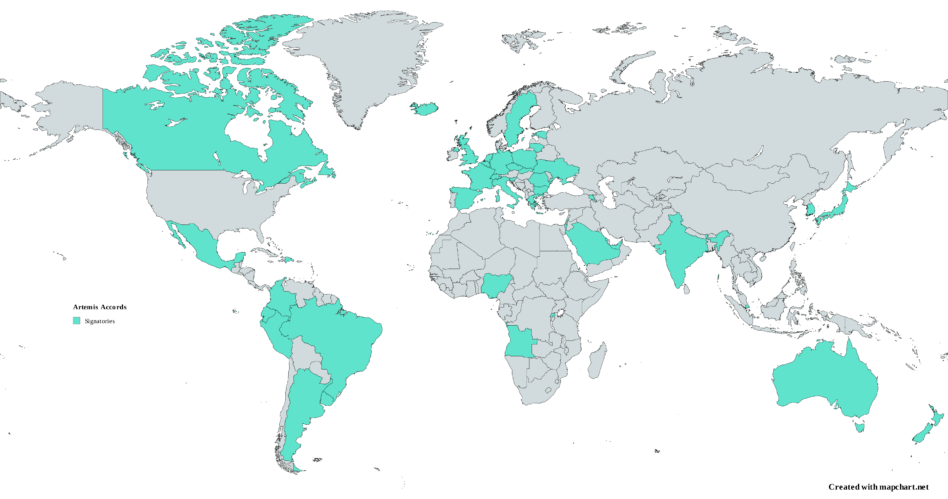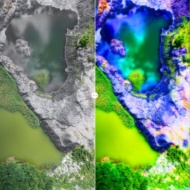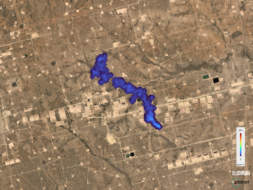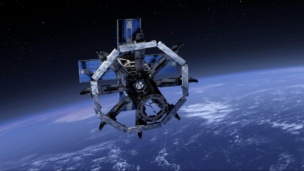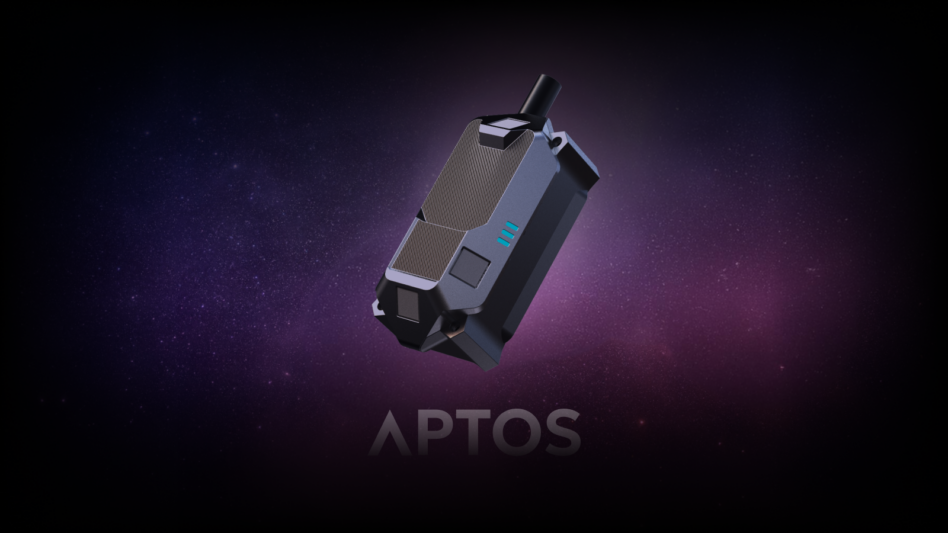The Artemis Accords turned four years old this month, boasting 45 supporters around the globe.
42 of the signatories gathered last week at IAC to discuss how to implement the guidelines on topics ranging from interoperability and not interfering with other entities’ missions to sustainability and sharing of scientific data, building on their work at the last meeting in May.
“The Artemis Accords provide a common sense set of principles to guide our work together, and our recent efforts to further their implementation is fostering a remarkable environment of trust and cooperation where all nations can contribute to and benefit from these endeavors,” NASA Deputy Administrator Pam Melroy said in a statement.
Started from the bottom: The Trump administration announced the accords on Oct. 13, 2020 with the support of just eight nations: Australia, Canada, Italy, Luxembourg, the UAE, the UK, and the US. The accords now have 45 signatories, with Estonia signing on most recently on Oct. 13.
The accords are designed as a nonbinding set of principles to promote responsible and sustainable operations in orbit. The international collaboration is separate from NASA’s Artemis program to return to the Moon—though signing up is also a prerequisite to partner on the agency’s lunar missions.
Launched at the tail end of the Trump administration and grown substantially during the Biden administration, the Artemis Accords have proven that there is bipartisan support for ensuring that conversations about the future of space operations are global.
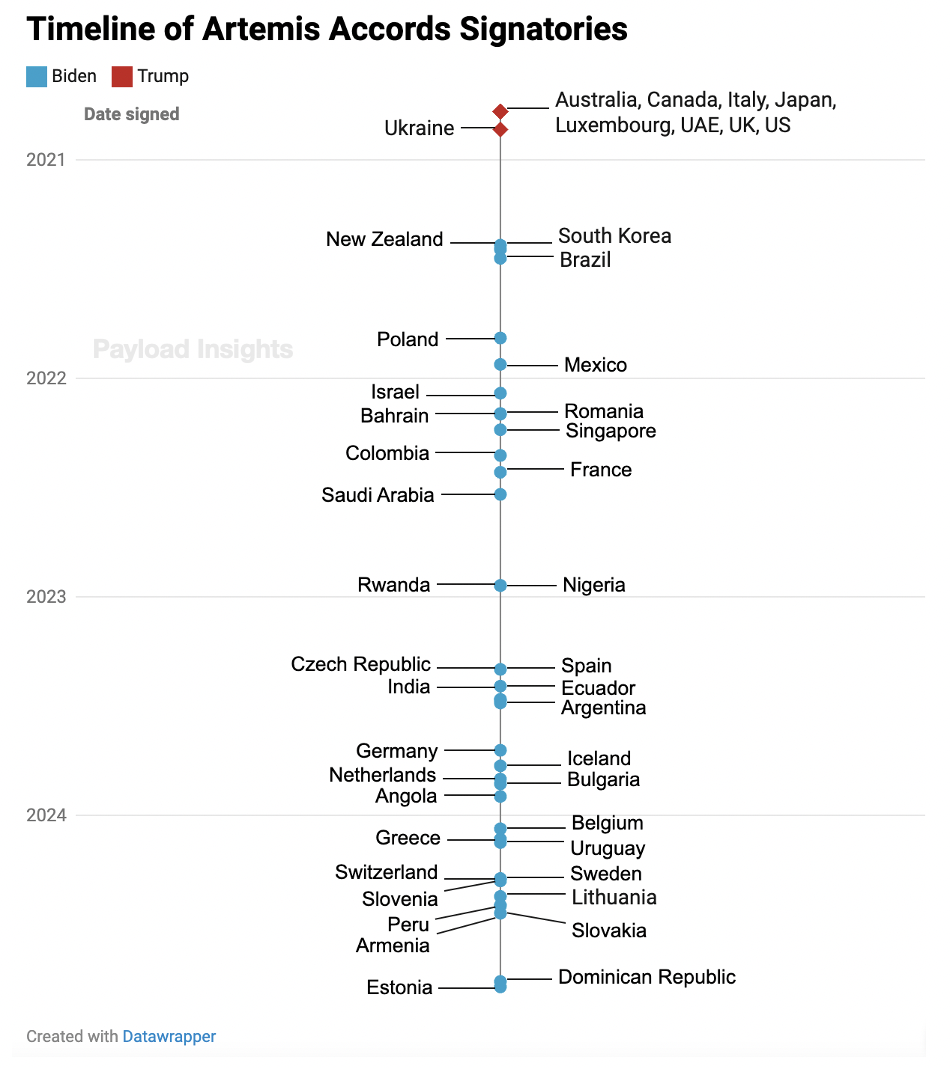
Global reach: The breadth of countries that participate in the accords also proves that interest in the international guidelines goes far beyond traditional space states. It’s something the State Department’s Valda Vikmanis-Keller makes clear to non-spacefaring nations when she’s pitching them on signing.
“Even if you are not going to be a launching state or going to have a robust space sector, you as a country that benefits from space data—as we all do—you want a seat at the table,” she told Payload last year. “You want to hear what the discussions are, and you want to have a voice and be part of that discussion.”
What’s next: At IAC, officials established a plan for how to keep working on implementing the accords between major meetings of signatories, according to a NASA press release. Focus areas for the next year include prioritization of sustainability in space, including how to handle debris on and around the Moon as the pace of commercial lunar missions is poised to pick up.
The Artemis Accords will also get their 46th signatory in short order. NASA announced yesterday that Chile will sign the guidelines in a ceremony at the space agency’s HQ on Friday.
